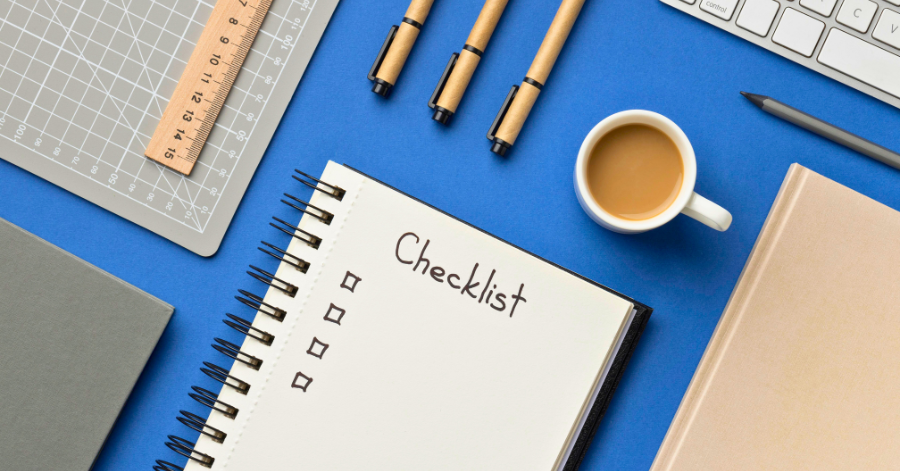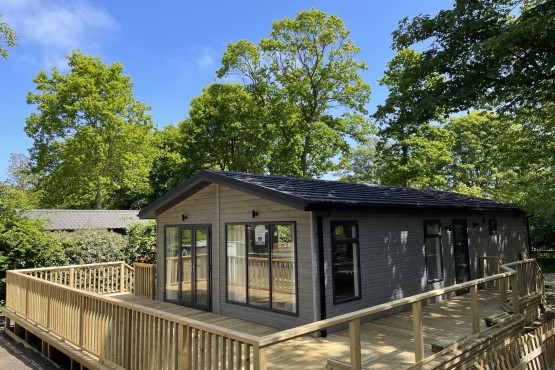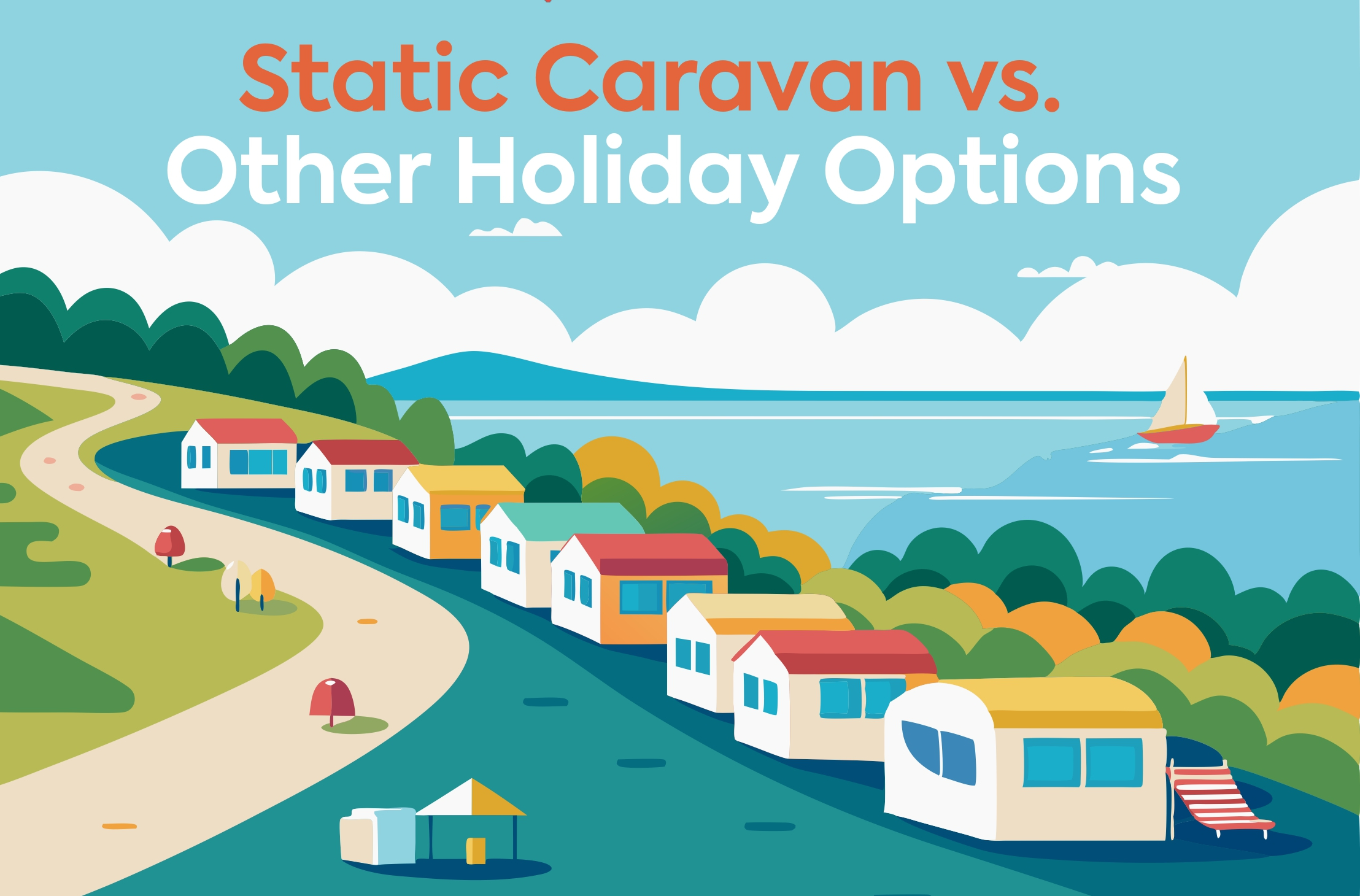Top 5 Pitfalls of Buying Property in Spain and How to Avoid Them
Understanding the Spanish Property Market
Overview of the Market
The Spanish property market is influenced by various local and national factors, including economic conditions, tourism trends, and government policies.
Understanding the market trends and regional variations is crucial for making an informed decision when buying property in Spain.
Researching the local market, including property prices, rental yields, and demand, can help you make a smart investment.
Spanish Property Tax
Property taxes in Spain include IBI (annual property tax), Transfer Tax, VAT (tax on the value added to new properties), and AJD (tax on legal documents).
IBI tax rates may increase each year, and VAT rates may change in other countries, so it’s essential to factor these costs into your budget.
The Spanish tax agency requires foreign citizens and non-resident property owners to pay taxes on their property, so it’s crucial to pay tax and to understand how much tax you will owe when owning property here.
Preparing for the Purchase
Essential Documents and Checks
To buy property in Spain, you’ll need to obtain a NIE number, purchase tax it, register the property in the property registry, and verify the owner’s identity.
Conducting thorough due diligence, including verifying the property’s tax status, checking for any outstanding debts, and ensuring the property is not affected by public domain or protected assets, is essential.
Hiring a local estate agent and a lawyer who speaks English can help you navigate the process and ensure clear communication.
Legal Considerations and Due Diligence
When buying property in Spain, navigating the legal landscape and conducting thorough due diligence are crucial steps to avoid potential pitfalls.
Here are some key factors to keep in mind:
Property Ownership:
First and foremost, verify that the seller is the rightful owner of the property. This involves checking for any outstanding debts or liens that could complicate your purchase. Ensuring clear ownership before buying property is essential to avoid legal disputes down the line.
Property Tax:
Understanding the property tax implications is vital. This includes the annual property tax (IBI) and the transfer tax (ITP) that must be paid when purchasing a first property in spain. These taxes can significantly impact your budget, so it’s important to factor them in from the start.
Notary Fees:
Notary fees in Spain typically range from 0.5-1% of the property purchase price or value and are paid by the buyer. These fees cover the cost of the notary’s services in formalizing the property transaction.
Real Estate Agents:
Working with a reputable agent who is familiar with the Spanish property landscape can be invaluable. A knowledgeable agent can guide you through the process, help you find the right property, and negotiate the best deal.
Additional Costs:
Beyond the buying price, there are several additional costs to consider. These include property registration fees, mortgage costs, and utility setup fees. It’s important to budget for these expenses to avoid any financial surprises.
Purchasing Property:
Ensure you have all the necessary documents to complete the property purchase together. This includes a valid passport, NIE number (a tax identification number for foreigners), and a Spanish bank account.
Property Prices:
Researching the market is essential to determine a fair selling price for the property. Understanding property prices in the area can help you make an informed decision and avoid overpaying.
Legal Fees:
Budgeting for legal fees is also important. These can range from 1-2% of just the purchase price final price, depending on the complexity of the transaction. A lawyer can help you navigate the legal aspects of the purchase and ensure everything is in order.
Local Real Estate Agent:
A local real estate agent can provide valuable insights into the area and the local market. Their expertise professional advice can help you find the right property and avoid potential issues.
Rental Income:
If you plan to rent out the property, it’s important to research the local rental market and understand the tax implications of rental income. This can help you set realistic expectations for your rental earnings.
Not Just the Selling Price:
Remember that the selling price is just one aspect of the overall cost of buying a property in Spain. Consider all the additional costs and fees involved to get a complete picture of your investment.
Avoiding Hidden Costs and Fees
Understanding the Final Price
The property price is just the beginning of the costs involved in property search; there are many additional costs to consider with property deeds, such as notary fees, property registration fees, and transfer tax, which are often calculated as a percentage of the property purchase price.
It’s essential to factor in these costs to avoid losing money buying property elsewhere, and a lawyer can help you understand the real the costs involved in buying property abroad, and negotiate the best deal.
Estate agents may charge fees, so it’s crucial to understand their commission structure and how it affects not just the purchase price, to avoid any financial surprises.
Navigating the Purchase Process
The Buying Process in Spain
The pitfalls of buying property in spain the process buying property in spain. Spain involves a complex process, and it’s essential to understand the contracts and terms.
A lawyer can help you navigate the process and ensure you’re protected, and it’s also important to understand the legislation and regulations in other countries besides Spain.
Using a currency exchange service can help mitigate currency exchange risks and reduce the risk of currency fluctuations.
Common Pitfalls to Avoid
Top 5 Mistakes to Watch Out For
Never allowing enough time for the buying process can lead to stress and panic during emotional buying process, so plan accordingly.
Not doing enough property research can result in unexpected costs, so ask the right questions and visit your local Town Hall.
Rarely being financially prepared can lead to financial difficulties, so budget for additional costs such as taxes, legal fees, and estate agent fees.
Not having the necessary legal registrations, such as a NIE number and Spanish bank account, can delay the process.
Post-Purchase Considerations
Ongoing Costs and Maintenance
Maintaining a property in Spain can be costly, especially if it requires significant repairs or renovations.
Ongoing maintenance costs such as utilities, property management fees, and community fees should be factored into your budget.
A thorough understanding of maintenance and upkeep expenses related to costs is essential for making an informed decision.

Checklist Guide: How to Avoid Pitfalls When Buying Property in Spain
Buying property in Spain can be an exciting opportunity, but it’s important to do your homework to avoid any potential pitfalls associated costs, and risks. Use professional advice and this checklist to guide you through the purchasing process more smoothly and confidently.
1. Understand Legal Requirements
- Hire a Qualified Lawyer
Work with an independent lawyer who specializes in Spanish property law. Avoid using one recommended by the seller or agent. - Check Residency Rules
If you’re a non-EU citizen, understand the visa and residency requirements, especially if you’re considering staying long-term. - Verify Building Licenses
Make sure the property comes with the proper planning permits and licenses to avoid trouble later.
2. Research the Market
- Study Property Prices
Compare similar properties in the area to see if the price is fair. - Check Future Development Plans
Investigate whether new developments or infrastructure projects might impact property values or the neighborhood vibe. - Visit the Area in All Seasons
The dynamics of a location can change significantly between summer and winter. Visit at different times of the year to understand what you’re buying into.
3. Verify Ownership and Condition
- Check Title Deeds
Confirm the property is legally owned by the seller and that it’s free from debts or encumbrances. - Inspect the Property Thoroughly
Hire a surveyor to check the property’s condition, including structural issues, wiring, and plumbing. - Ask About Community Fees
If you’re buying in a complex, check for ongoing maintenance costs and any pending payments by the seller.
4. Work with Reputable Professionals
- Find a Reliable Real Estate Agent
Choose an agent with strong credentials, good reviews, and experience in the Spanish property market. - Engage a Translator if Needed
Legal documents will often be in Spanish, so having a translator ensures nothing gets lost in translation.
5. Understand Taxes and Fees
- Account for Additional Costs
Be prepared for taxes, notary fees, and registration costs, which often add 10–15% to the price. - Know the Ongoing Taxes
Learn about yearly taxes, such as IBI (council tax) and non-resident income tax if applicable.
6. Consider Location Carefully
- Factor in Practicality
Look at proximity to schools, hospitals, transportation, and shops. - Learn About Local Laws
Coastal properties might have restrictions under Spain’s Coastal Law. Know what applies before you buy near the beach.
7. Negotiate Effectively
- Be Aware of Market Trends
Understanding if it’s a buyer’s or seller’s market can give you leverage in negotiations. - Start with a Lower Offer
There’s often some room for negotiation, so start slightly below the asking price to see what’s possible.
8. Secure the Right Documentation
- Reserve Funds for a Deposit
Be ready to secure the property with a deposit, typically around 10% of the agreed price. - Get the Property Registry Extract (Nota Simple)
This document provides confirmation of ownership and details of any charges or mortgages on the property. - Sign the Private Contract and Public Deed
The private contract outlines terms, while the public deed formalizes the sale with a notary.
9. Ensure Financial Readiness
- Open a Spanish Bank Account
This will make payments simpler and ensure you comply with local requirements. - Get a Mortgage Pre-Approval
If you need financing, secure pre-approval from a lender familiar with Spain’s mortgage process.
By using advice from this property location checklist, you’ll be better prepared to avoid common pitfalls and make a well-informed property purchase in Spain. A little extra time spent researching and double-checking property location now will save you hassle down the line.

10 Most Popular Places to Buy a Static Caravan in Spain
Buying a static caravan in Spain offers an appealing alternative to traditional property for many reasons.
They’re more flexible, involve lower financial risk, and help avoid the common pitfalls of buying property in Spain.
If you’re considering this option, here are ten standout destinations to explore and why static caravans may be the safer choice.
1. Benidorm
Benidorm is one of the most popular destinations for those purchasing property in a static caravan.
Known for its vibrant atmosphere, stunning beaches, and year-round sunshine, it’s an attractive spot for both families and retirees.
Static caravans here enable you to skip the complexities of buying property abroad, like navigating law, paying hefty notary fees, and dealing with associated costs.
2. Costa Brava
Costa Brava combines natural beauty with cultural richness, making it a popular choice for buying holiday homes. Static caravans eliminate ownership hassles like annual tax or obtaining legal documents for long-term ownership.
3. Costa Blanca
A region loved for its sunny weather and lively towns, Costa Blanca is home to many caravan parks filled with amenities.
Choosing a static caravan here means avoiding the transfer tax, registration fees, and potential pitfalls when purchasing traditional Spanish side property in Spain.
4. Málaga
Málaga offers the perfect combination of history, beaches, and urban charm. Static caravans here exempt you from worrying about the purchasing process linked to traditional property, like verifying urban planning records or sorting through obligations.
5. Alicante
A coastal dream destination, Alicante appeals to tourists and retirees alike. Static caravans help avoid financial strain, as they often cost less than just the price of a property and come without burdens such as home insurance or land registry concerns.
6. Almería
Known for its laid-back vibe, beautiful coastlines, and warm climate, Almería is highly favored. With a static caravan, you skip the financially demanding expenses associated with buying property in spain, such as expenses related as legal fees and hidden ownership costs like non-resident tax.
7. Valencia
Valencia offers both city life and seaside living. Static caravans allow owners to avoid fluctuating property market values and reduce risks tied to currency fluctuations, common concerns in the buying process for foreign buyers.
8. Marbella
For those seeking luxury at a more affordable rate, Marbella is ideal. Traditional Spanish property here often comes with taxes and high upkeep. Static caravans offer more budget-friendly accommodation, freeing you from complex costs involved in the property search, tax and ownership process.
9. Tarragona
Tarragona combines Roman history with seaside charm. Static caravans save buyers from navigating Spanish legislation like tax agency obligations and local town hall approvals necessary for traditional property or renovations.
10. Murcia
For more peaceful surroundings, Murcia remains a sought-after spot. Owning a static caravan eliminates the risk of common pitfalls like overpaying property tax on prices or overlooking market value discrepancies in the property market.
Why Are Static Caravans Safer Than Traditional Property?
Static caravans come with distinct advantages that make them a safer option over traditional property.
- Lower Financial Risk:
Static caravans come with significantly fewer upfront costs compared to traditional property. There’s no price to compare in terms of land value, no burden of paying registration fees, and no additional property deeds to sort out. - Reduced Ongoing Expenses:
Owning property in Spain includes ongoing taxes such as annual tax and non-resident tax. Static caravans avoid these associated costs, making them a more affordable choice for foreign owners. - Flexibility:
With a static caravan, you’re not tied down by strict law or long-term ownership. They provide a hassle-free way to enjoy Spain part-time without worrying about how much tax or home insurance you’re required to pay annually. - Avoiding Market Fluctuations:
Property values can fluctuate within the market, especially in high-demand areas along the Spanish coast. A static caravan protects you from potential financial loss in an unstable property market. - Simplified Ownership Process:
Traditional Spanish property often requires compliance with legal requirements, coordination with professional lawyers, review of property registry details, and handling real estate agents or local estate agents. By choosing a static caravan, you bypass these complexities and the emotional buying process associated with long-term commitments.
Making an Informed Decision
You will still need to avoid common pitfalls of buying a static caravan in Spain however they may not be as risky as traditional property.
From avoiding hefty legal fees to reducing exposure to currency fluctuations, they provide an attractive way to invest in Spain without the stress of traditional property ownership.
For many, the choice of buying a caravan is about flexibility, cost-effectiveness, and ease of maintenance — all while enjoying the perks of Spain’s gorgeous landscapes and welcoming culture.
Whether you’re settling in Benidorm or somewhere off the beaten path, a static caravan could be a practical, stress-free way to experience the best that Spain has to offer.
By avoiding the notorious complications potential pitfalls of traditional property ownership, you’ll save time, cut costs, and ensure your investment works hand-in-hand with your lifestyle.
Avoid the Pitfalls of Buying Property in Spain
Spain remains a favorite destination for foreign investors and residents alike, thanks to its vibrant culture, stunning landscapes, and appealing lifestyle.
The Spanish golden visa program has further boosted its popularity by offering non-EU citizens the chance to gain residency through property investments or other financial contributions.
This program simplifies the process for investors, allowing them to enjoy the benefits of living in Spain while exploring new opportunities. The land registry plays a crucial role in ensuring secure and transparent property transactions, giving buyers peace of mind when making such significant investments.
Additionally, visa categories like 0/1–2 could relate to specific residency or investment pathways, further paving the way for those seeking to establish their lives in Spain, whether for work, retirement, or leisure.
Find Your Stress-Free Spanish Escape with a Static Caravan
Choosing a static caravan in Spain offers a unique opportunity to enjoy the country’s stunning landscapes, vibrant culture, and sunny climate without the complexities of traditional property ownership.
With fewer financial risks, reduced taxes and fees, and no worries about market fluctuations, this option provides cost-effective and flexible living.

Top 5 Pitfalls of Buying Property in Spain and How to Avoid Them
Understanding the Spanish Market
Overview of the Market
- The Spanish property market is influenced by various local and national factors, including economic conditions, tourism trends, and government policies.
- Understanding the trends and regional variations is crucial for making an informed decision when buying property in Spain.
- Researching the local market, including property prices, rental yields, and demand, can help you make a smart investment.
Spanish Tax
- Property in Spain include IBI (annual property tax), Transfer Tax, VAT (tax on the value added to new properties), and AJD (tax on legal documents).
- IBI tax rates may increase each year, and VAT rates may change, so it’s essential to factor these costs into your budget.
- The Spanish tax agency requires non-resident property owners to pay taxes on their property, so it’s crucial to understand your tax obligations.
Preparing for the Purchase
Essential Documents and Checks
- To buy property in Spain, you’ll need to obtain a NIE number, register the property in the property registry, and verify the owner’s identity.
- Conducting thorough due diligence, including verifying the property’s tax status, checking for any outstanding debts, and ensuring the property is not affected by public domain or protected assets, is essential.
- Hiring a local real estate agent and a lawyer who speaks English can help you navigate the process and ensure clear communication.
Avoiding Hidden Costs and Fees
Understanding the Purchase Price
- The purchase price is just the beginning; there are many additional costs to consider, such as notary fees, property registration fees, and transfer tax.
- It’s essential to factor in these costs to avoid losing money, and a lawyer can help you understand the real costs and negotiate the best deal.
- Estate agents may charge fees, so it’s crucial to understand their commission structure and how it affects the purchase price.
Navigating the Purchase Process
The Buying System in Spain
- The purchase process in Spain involves a complex process, and it’s essential to understand the contracts and terms.
- A lawyer can help you navigate the process and ensure you’re protected, and it’s also important to understand the legislation and regulations in Spain.
- Using a currency exchange service can help mitigate currency exchange risks and reduce the risk of currency fluctuations.
Currency Exchange and Financing
- Non-residents of Spain can obtain a mortgage up to 70% of the property’s value, but there are certain requirements that must be met.
- The buyer must have sufficient funds to cover a deposit of at least 30%, and there may be additional costs such as mortgage arrangement fees.
- A lawyer can help you understand the financing options and ensure you’re in compliance with Spanish law.
Common Pitfalls to Avoid
Top 5 Mistakes to Watch Out For
- Not allowing enough time for the purchase process can lead to stress and panic, so plan accordingly.
- Not carrying out enough property research can result in unexpected costs, so ask the right questions and visit your local Town Hall.
- Not ensuring you are financially prepared can lead to financial difficulties, so budget for additional costs such as taxes, legal fees, and estate agent fees.
- Not possessing the necessary legal registrations, such as a NIE number and Spanish bank account, can delay the process.
- Not reading the contract thoroughly can lead to misunderstandings and financial losses, so translate documents and hire a lawyer if necessary.
Post-Purchase Considerations
Ongoing Costs and Maintenance
- Maintaining a property in Spain can be costly, especially if it requires significant repairs or renovations.
- Ongoing maintenance costs such as utilities, property management fees, and community fees should be factored into your budget.
- A thorough understanding of maintenance and upkeep costs is essential for making an informed decision.
Rental Income and Property Management
Rental income can be unpredictable, with seasonal demand, competition, and changes in local rental laws affecting earnings.
Researching the rental market thoroughly and having a realistic understanding of potential earnings is essential.
A local real estate agent can help you manage your rental property and ensure you’re in compliance with Spanish law.
Additional Considerations
Non-Resident Buyers and Visa Requirements
If you’re a non-EU citizen, you’ll need to apply for a visa to live in Spain, and a lawyer can help you navigate the visa application process.
Non-resident property owners may be subject to different tax by property location, so it’s essential to understand your tax obligations beforehand.
The Golden Visa program offers a residence permit to non-EU citizens who purchase property valued at €500,000 or more.











